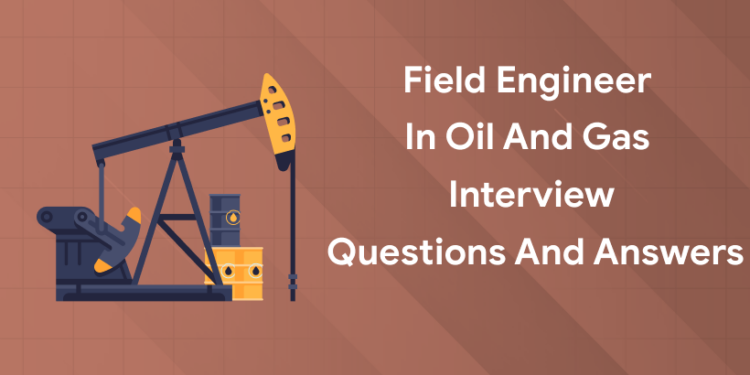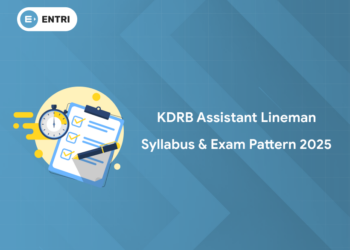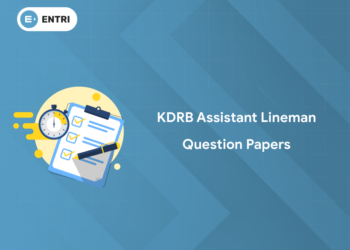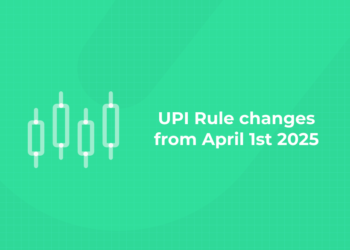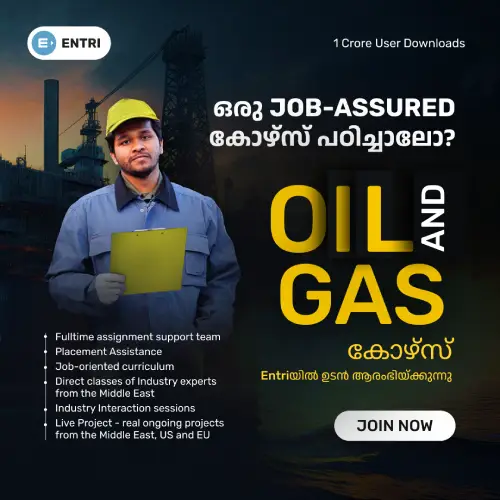The oil and gas industry is highlighted by constant change, and field engineers play a crucial role in maintaining operations efficiency. It’s essential to be ready for the interview if you want to get the wanted field engineer position. Field engineers are responsible for overseeing technical operations, managing engineering projects, testing machinery, making repairs, inspecting sites, interacting with clients, making sure regulations are followed, carrying out feasibility studies, and organizing work schedules.
Since every interview is unique, the questions could change. Still, a number of same questions are asked throughout every interview.
These interview questions for field engineers can help you get ready for the job interview, whether you’re a job seeker getting ready for your interview or an employer getting ready to interview candidates for a field engineer post.
Join our Oil and Gas Course! Get Free Demo!
Below are some common questions you’d expect during Field Engineer interviews.
Q1. Which are some of the most crucial abilities a Field Engineer must have?
ANS: “I think having strong communication, problem-solving, and technical skills is essential for a Field Engineer.”
Q2. Which engineering tools and software are you familiar with?
ANS: “I completed my projects in my prior roles using Solid Edge, Mech Designer, and Autodesk. I am happy to learn about any new software you use, since I trained myself how to use these before I started working.”
Q3. How much experience do you have fixing or replacing electrical or mechanical systems?
ANS: “I was in charge of fixing or replacing mechanical and electrical systems in buildings all around the state in my previous role as a field engineer. One instance of this was when I fixed an elementary school’s heating system after it malfunctioned in the cold. I collaborated with the management of the school to identify the most cost-effective and timely replacement alternative. I then taught staff members on how to utilize the new system and implemented it.
Q4. Describe the steps needed in fixing a piece of equipment that isn’t working properly.
ANS: “I use a logical sequence while troubleshooting. I start by compiling details regarding the issue, such as error codes and symptoms. I then use technical documents and diagrams to conduct a methodical analysis of the equipment. This aids in the identification of the probable cause and the use of suitable remedies.”
Q5. Explain the operation of a particular kind of oil and gas equipment that you are familiar with.
ANS: (Select a piece of equipment that fits the job description.) “I’ve worked with downhole pumps before. I am aware of the several sorts of pumps, such as PCPs (Progressive Cavity Pumps) and ESPs (Electric Submersible Pumps), and they are essential for artificial lift. In my prior position, I was in charge of guaranteeing optimal output and fixing ESP malfunctions.”
Join Our Oil and Gas Course! Get Placement Assistance!
Q6. How do you go about locating and analyzing issues with a piece of machinery or equipment?
ANS: “I always start by trying to find out what the equipment was operating on prior to it malfunctioning. In addition, I examine all accessible diagnostic data, including error codes and warning lights. After that, I’ll visually evaluate the machine to check for any obvious problems. If not, I’ll do a few diagnostic tests to see what may be going on.
Q7. How do you keep abreast of the most recent developments in oil and gas field technology?
ANS: “This industry is always changing,” is the response. Attending industry conferences, webinars, and workshops helps me keep informed. I also actively look for technical papers and resources to further my understanding of new tools and methods.”
Q8. What safety precautions do you think are most important when working on an oil and gas rig?
ANS: “Safety is the top priority,” I always abide by stringent safety laws, which include using personal protective equipment (PPE) appropriately, obtaining permits when needed, and always aware of my surroundings. In addition, I actively take part in safety briefings and work hard to make improvements to job site safety procedures.”
Q9. How do you make sure that everyone on the rig, technical and non-technical, is communicating clearly?
ANS: “It’s essential to communicate effectively,” I adapt my communication approach to the target audience. I employ precise terminology and pertinent analogies to communicate technical topics to non-technical staff members. I use industrial jargon in technical conversations to make sure everyone is speaking the same language.”
Q10. Which competencies are crucial for a field engineer?
ANS: “Having strong communication and problem-solving skills is, in my opinion, essential for a field engineer. Working on projects with other engineers and stakeholders, as well as exchanging information about developments and potential problems, all depend on effective communication. Additionally, having the ability to solve problems fast is crucial since it enables me to spot and fix any problems that may arise throughout a project.
If you want a good field engineer in the oil and gas industry, you need good experience in practical’s and theories. Sometimes decision-making is very important some times technical knowledge is very important. so if you are focusing on a good career as a field officer or whatever you need a hard-working mentality. in this blog, we are provided some valuable questions and their answers to clear the interview of field officers in the oil and gas industry. so if you prepare well and refer to these questions you have a certain edge to pass the interview.
Thus, be yourself at the interview, share your knowledge, and point out your suitability for the position. You’ve got this!



